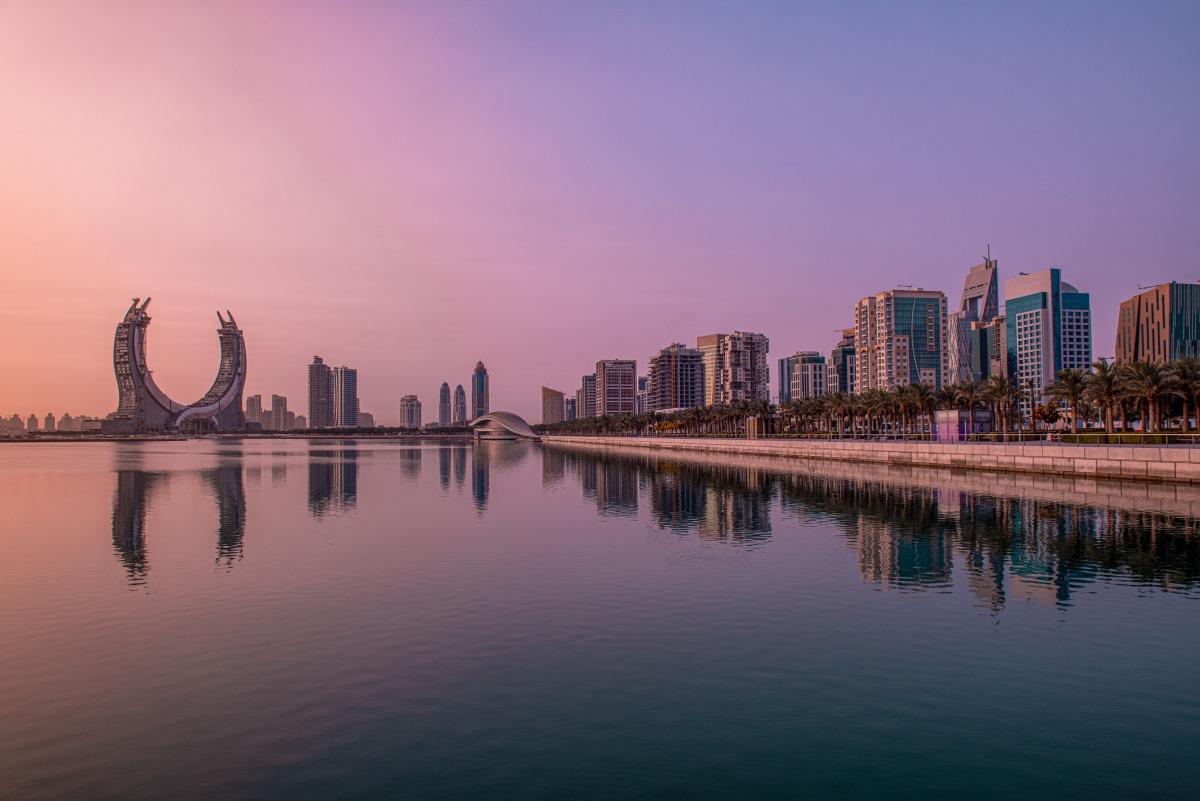
Airlines, Energy Companies Most Trusted In Qatar: Survey
Doha: Airlines and energy companies have emerged as the most trusted sectors in Qatar, each achieving a score of 7.99 on a 10-point scale, while social media companies received the lowest trust score of 7.29, indicating a notable disparity in consumer confidence, as reported in the recently published PwC Middle East's Voice of the Consumer 2024 survey.
The survey, which gathered insights from 303 participants predominantly aged between 18 and 44, identified three primary consumer profiles: tech-savvy, empowered, and environmentally conscious, each with unique expectations. Trust, sustainability, and digital innovation are highlighted as central themes, with a notable consumer inclination towards digital solutions such as mobile payments and virtual reality.
Key concerns among consumers include data privacy, inflation, and health risks, while in-store shopping remains favoured, reflecting the distinct priorities of Qatar's progressive consumer demographic.
The report indicates that airlines in Qatar have achieved their trusted reputation through significant network expansion and a strong commitment to sustainability and service excellence. Likewise, the energy sector's dedication to addressing the global demand for cleaner energy has likely bolstered consumer confidence.
Read Also-
Qatar's tech sector to witness huge demand
Conference highlights smart tools' importance to newsrooms
'Night Run for All' to be organised at Old Doha Port on February 22
A closer examination of consumer trust in Qatar reveals that 76% of respondents consider ethical treatment of employees and high-quality products as the most critical factors. This underscores a significant focus on fairness and product quality as essential components of trust. Regionally, data protection is paramount for 85% of consumers in the Middle East, followed by ESG practices, ethical treatment of employees, and affordability of products.
Furthermore, the survey indicates that Qatari consumers' trust in artificial intelligence mirrors regional trends, with nearly 60% expressing willingness to trust AI for low-risk tasks, such as gathering product information prior to purchase, writing reviews and recommendations for products they own, providing written communication assistance, and enhancing customer service.
Conversely, respondents in Qatar exhibited the lowest level of trust in artificial intelligence for high-risk activities, such as managing financial transactions on their behalf (39%) and providing legal counsel (32%), as highlighted in the report. Furthermore, it was noted that fewer than half of the participants expressed confidence in AI for delivering medical diagnoses and treatment suggestions (46%).
The report emphasised that Qatari respondents demonstrated significantly greater trust in these areas compared to their counterparts in other Middle Eastern nations, who averaged a trust level of 30%. Additionally, over 70% of consumers in Qatar voiced concerns regarding various issues, including heightened risks of cyberattacks and the potential for job displacement due to AI's ability to supplant human roles.
Sustainability continues to be a prominent concern among consumers in Qatar, with 57% indicating an increase in their purchases of sustainable products, 41% making thoughtful buying decisions, and 52% endorsing environmentally friendly policies. Notably, 31% of Qatari consumers are prepared to pay 11-20% more than average for products that have a reduced carbon footprint, in contrast to 21% regionally and 16% globally.
Consumer preferences in Qatar also reveal a robust inclination towards brands that emphasise sustainability, with over 30% of consumers preferring brands that employ renewable energy, utilise eco-friendly packaging, and engage in waste reduction and recycling, indicating a growing recognition and appreciation for environmentally responsible practices in the region.
Regarding concerns, the report identified inflation and health risks as the primary worries for consumers in Qatar, with 47% citing inflation as their foremost concern and 44% focusing on health-related issues. Despite the rising costs of food, forecasts suggest that inflation may stabilise as Qatar's non-oil sector, which now accounts for two-thirds of the nation's GDP, continues to expand. On a regional scale, inflation remains a significant concern, with 56% of consumers identifying it as the most pressing threat, followed by climate change at 43%.

Legal Disclaimer:
MENAFN provides the
information “as is” without warranty of any kind. We do not accept
any responsibility or liability for the accuracy, content, images,
videos, licenses, completeness, legality, or reliability of the information
contained in this article. If you have any complaints or copyright
issues related to this article, kindly contact the provider above.


















Comments
No comment